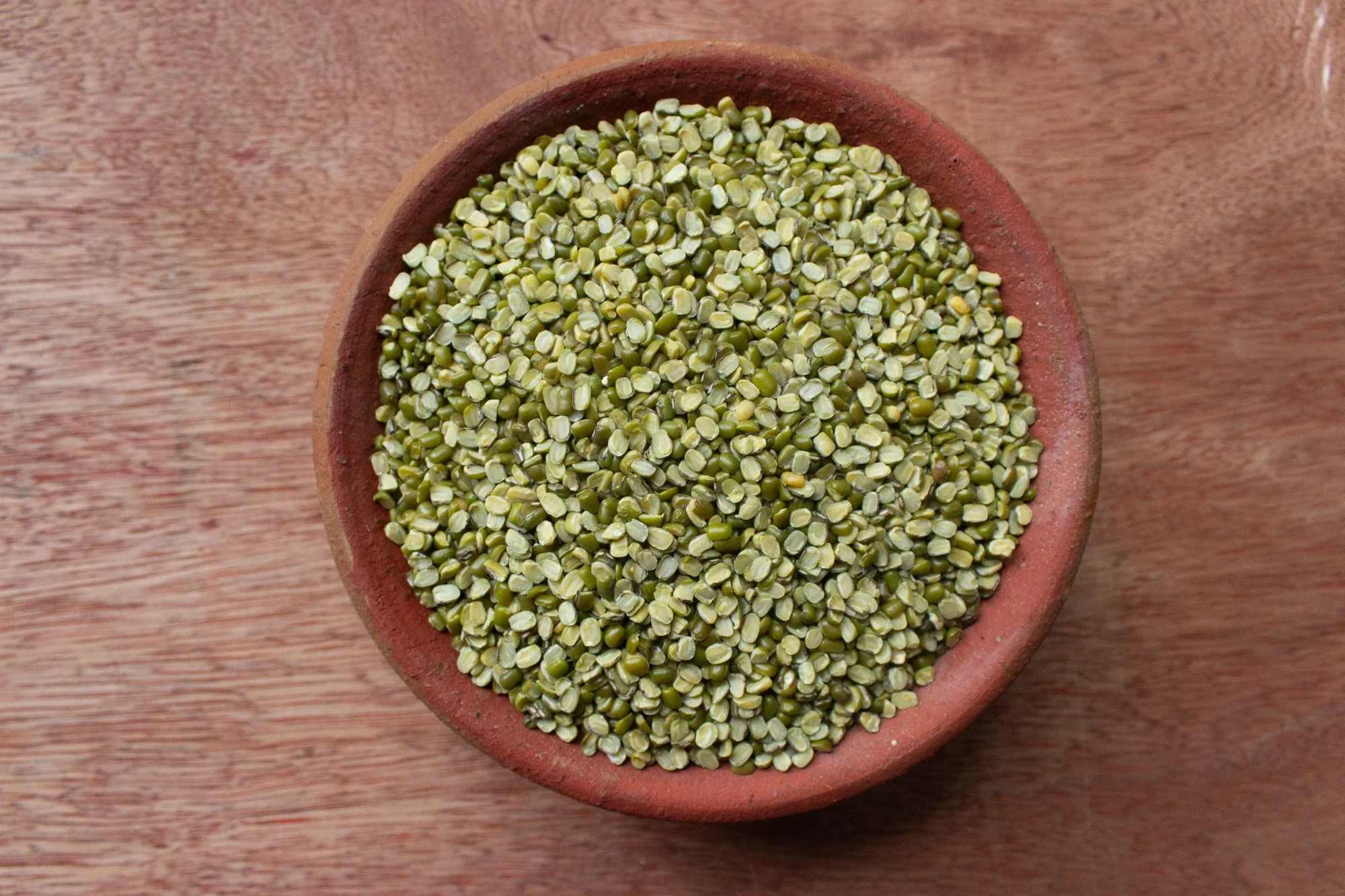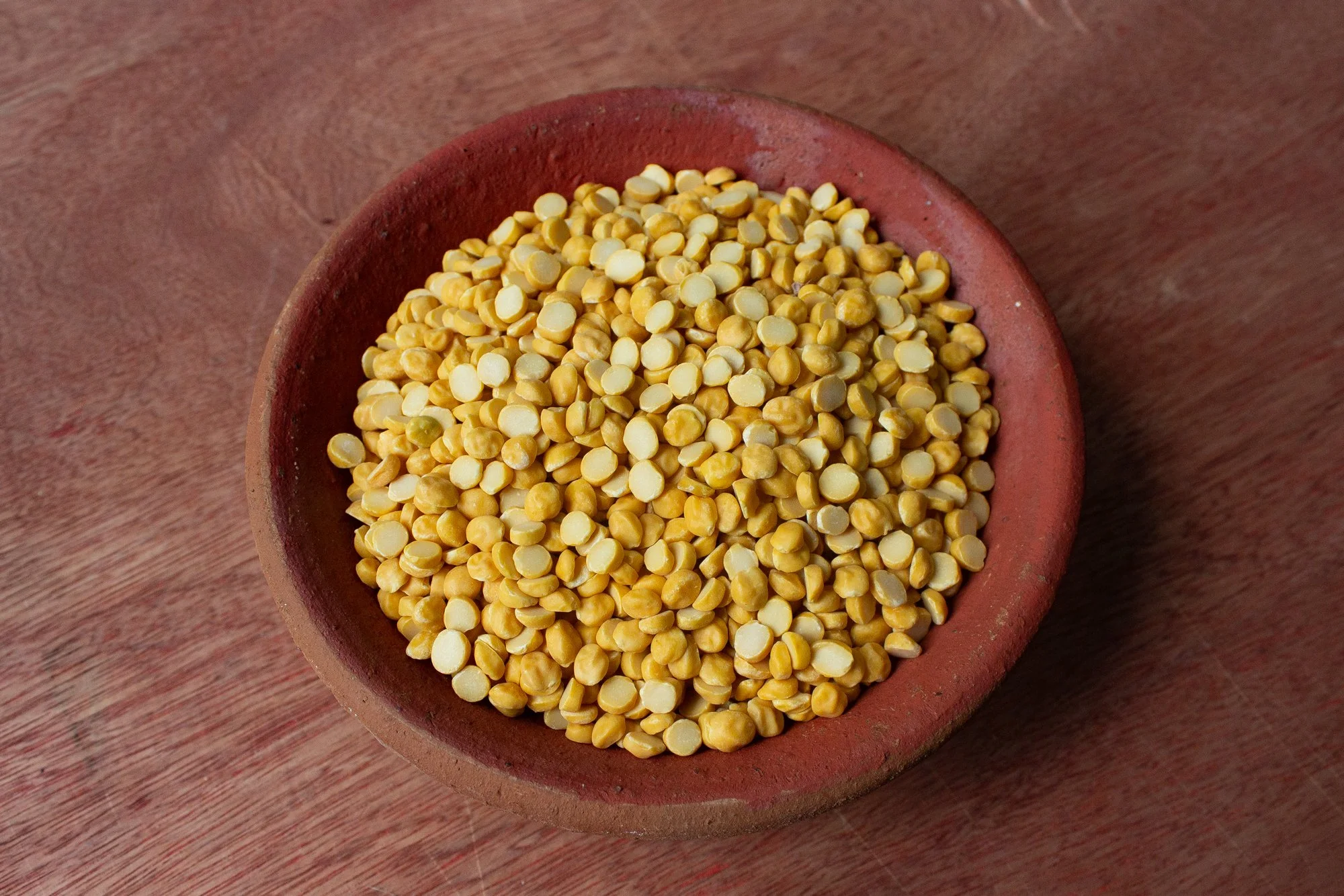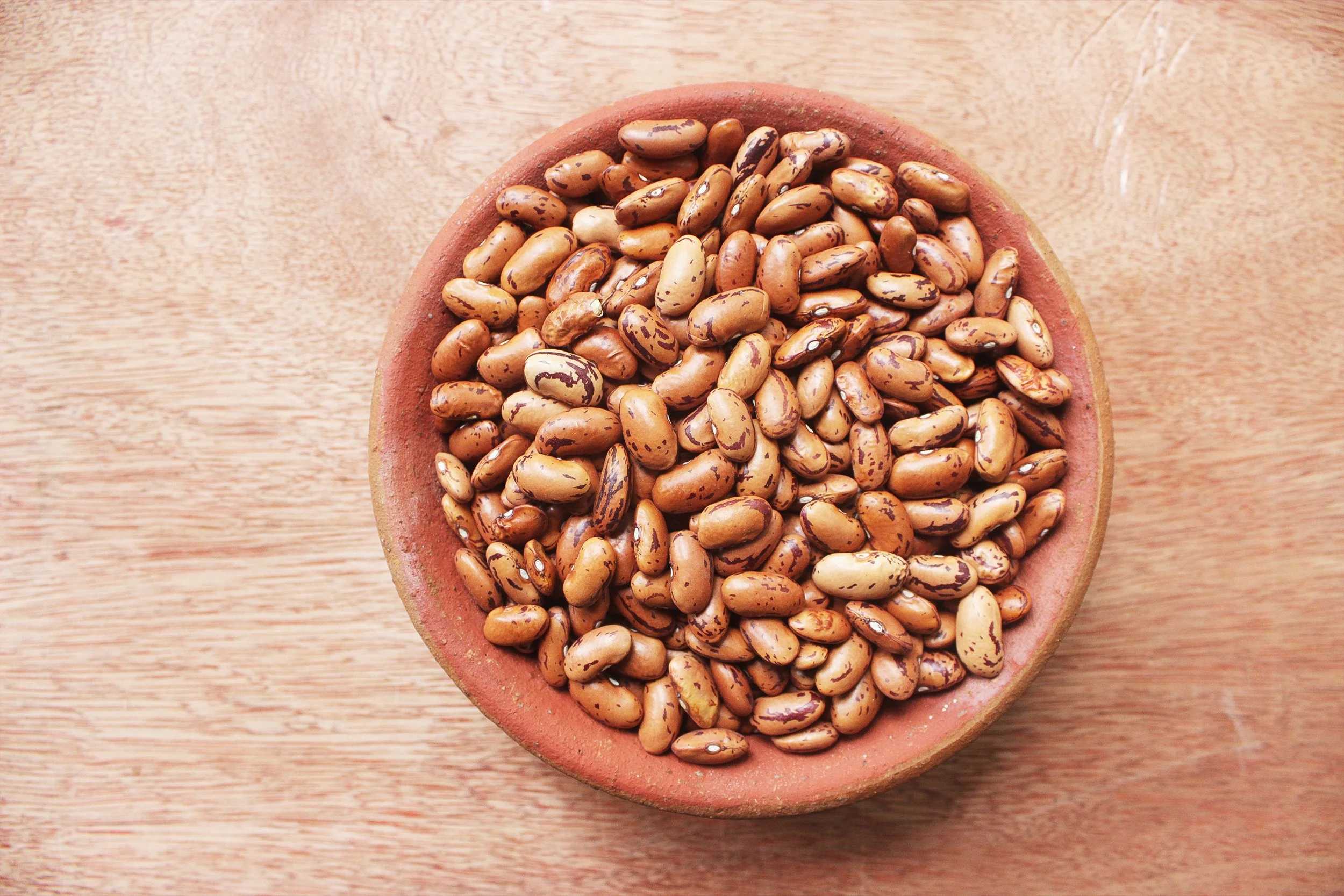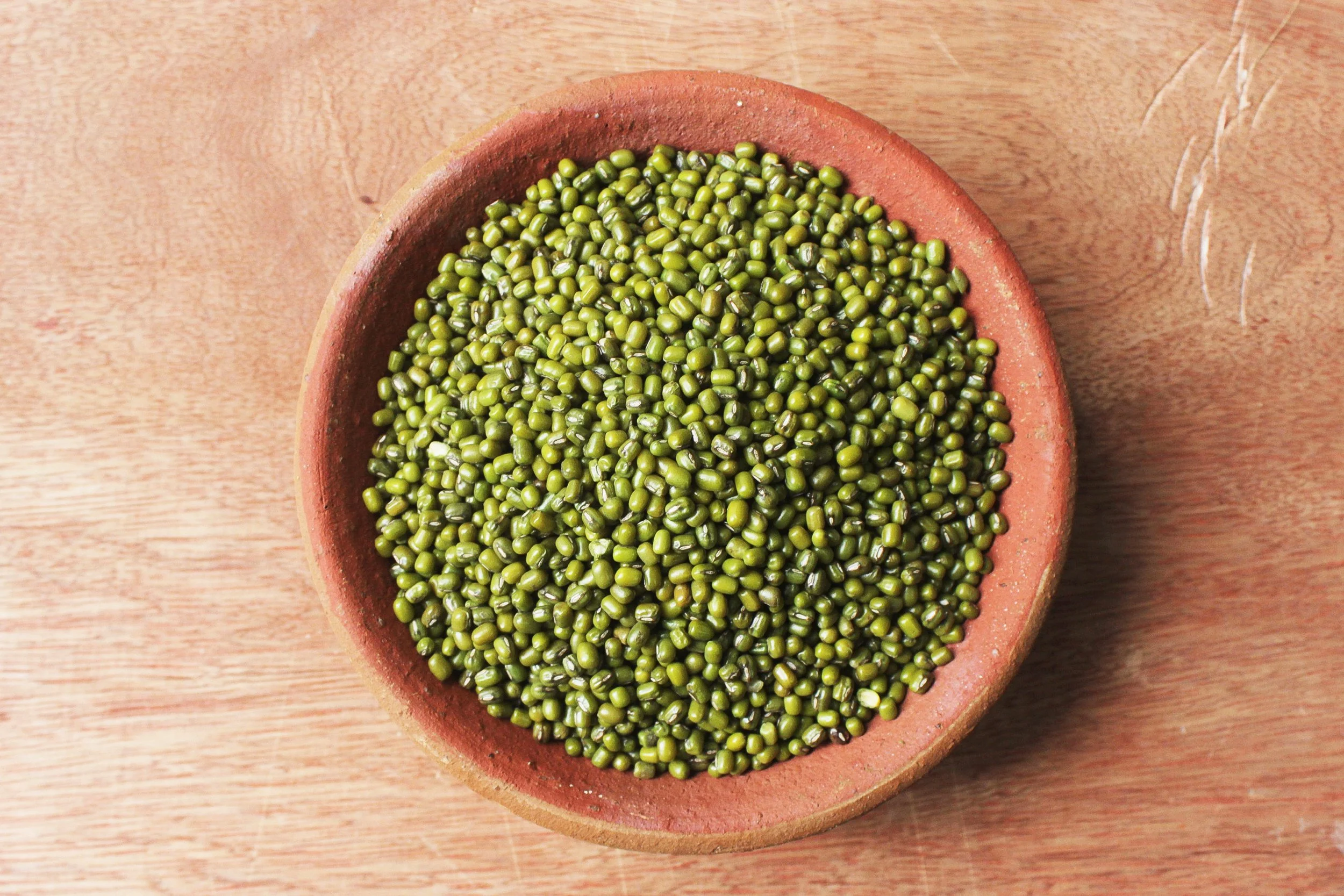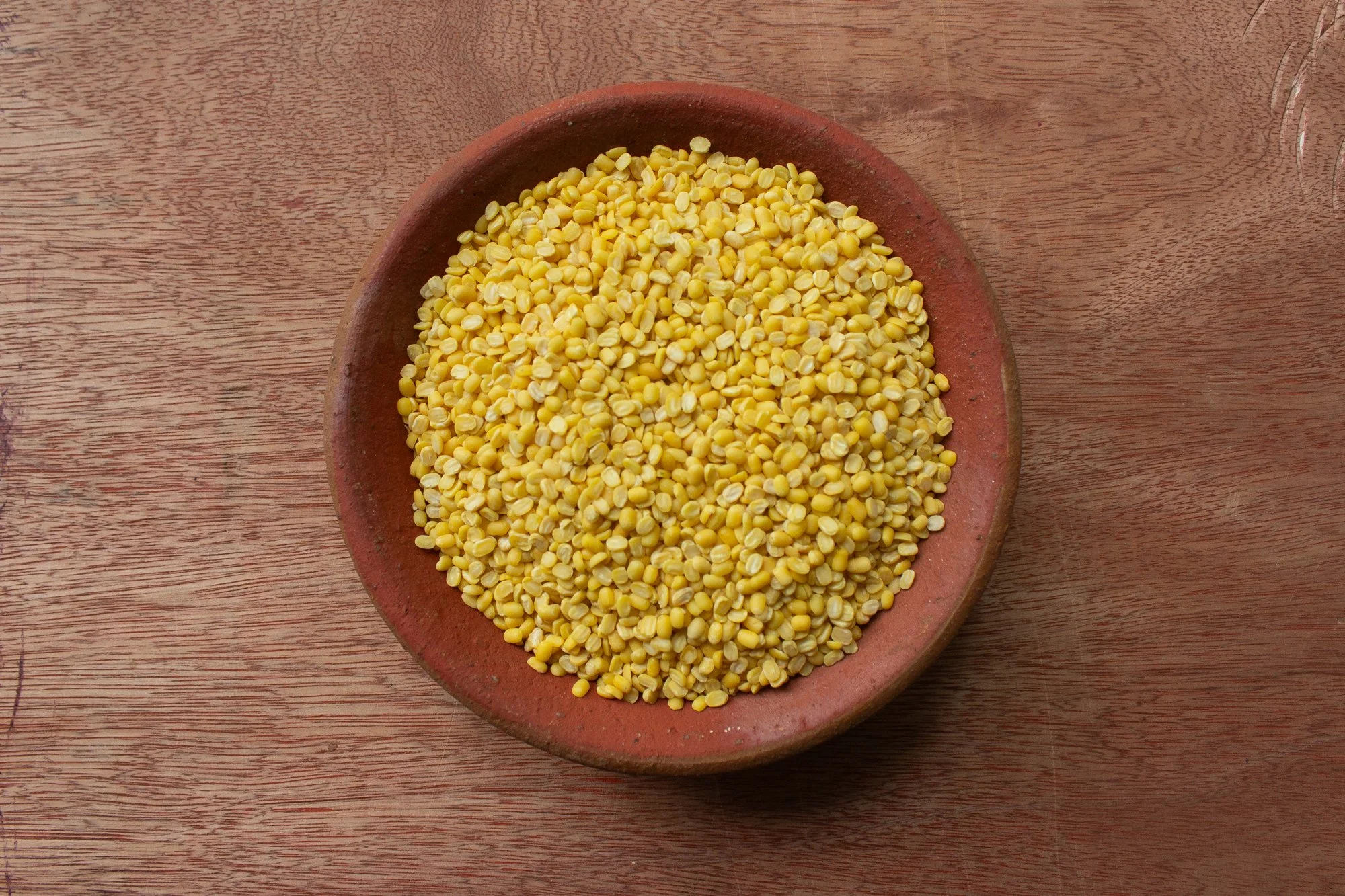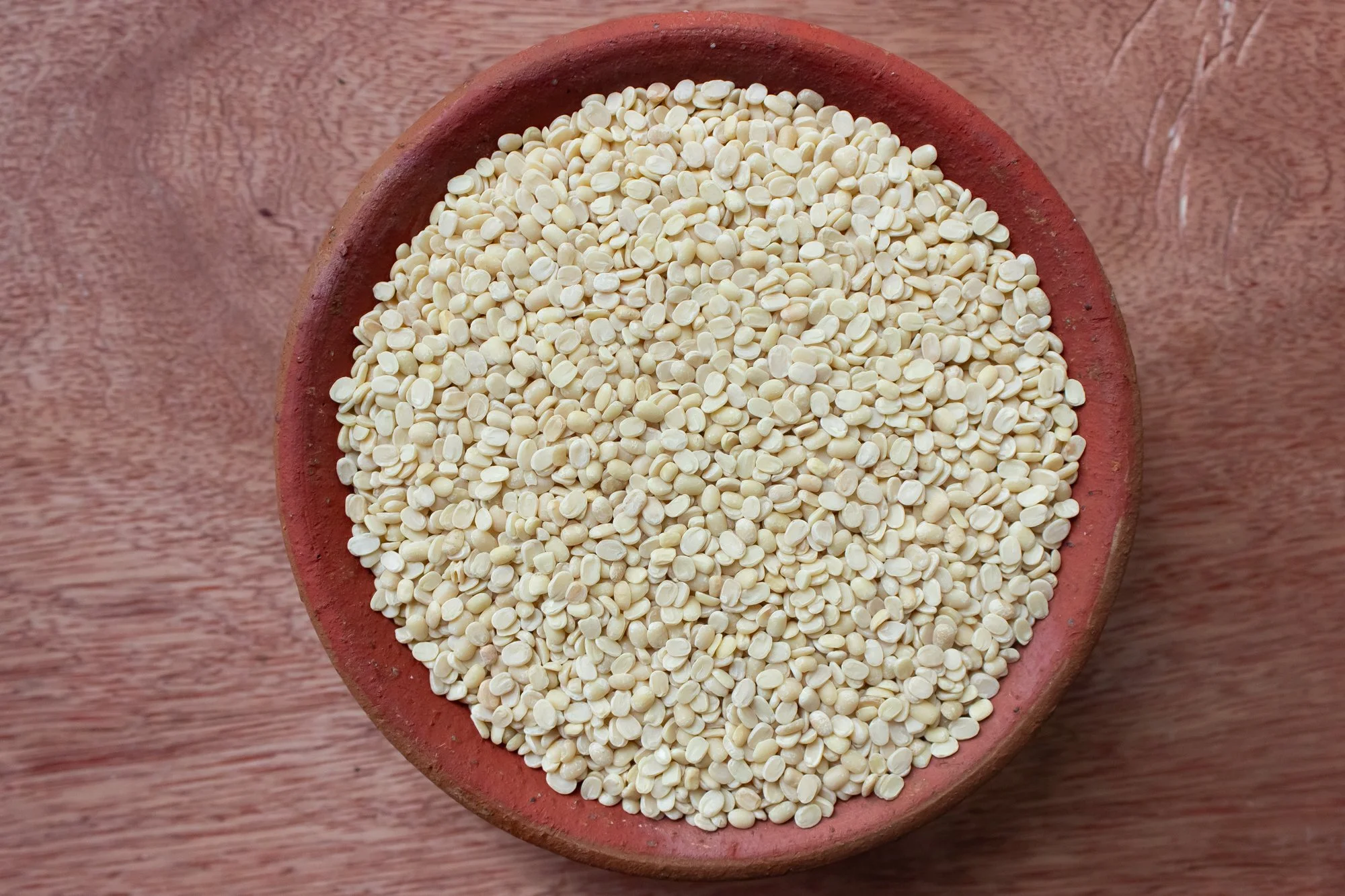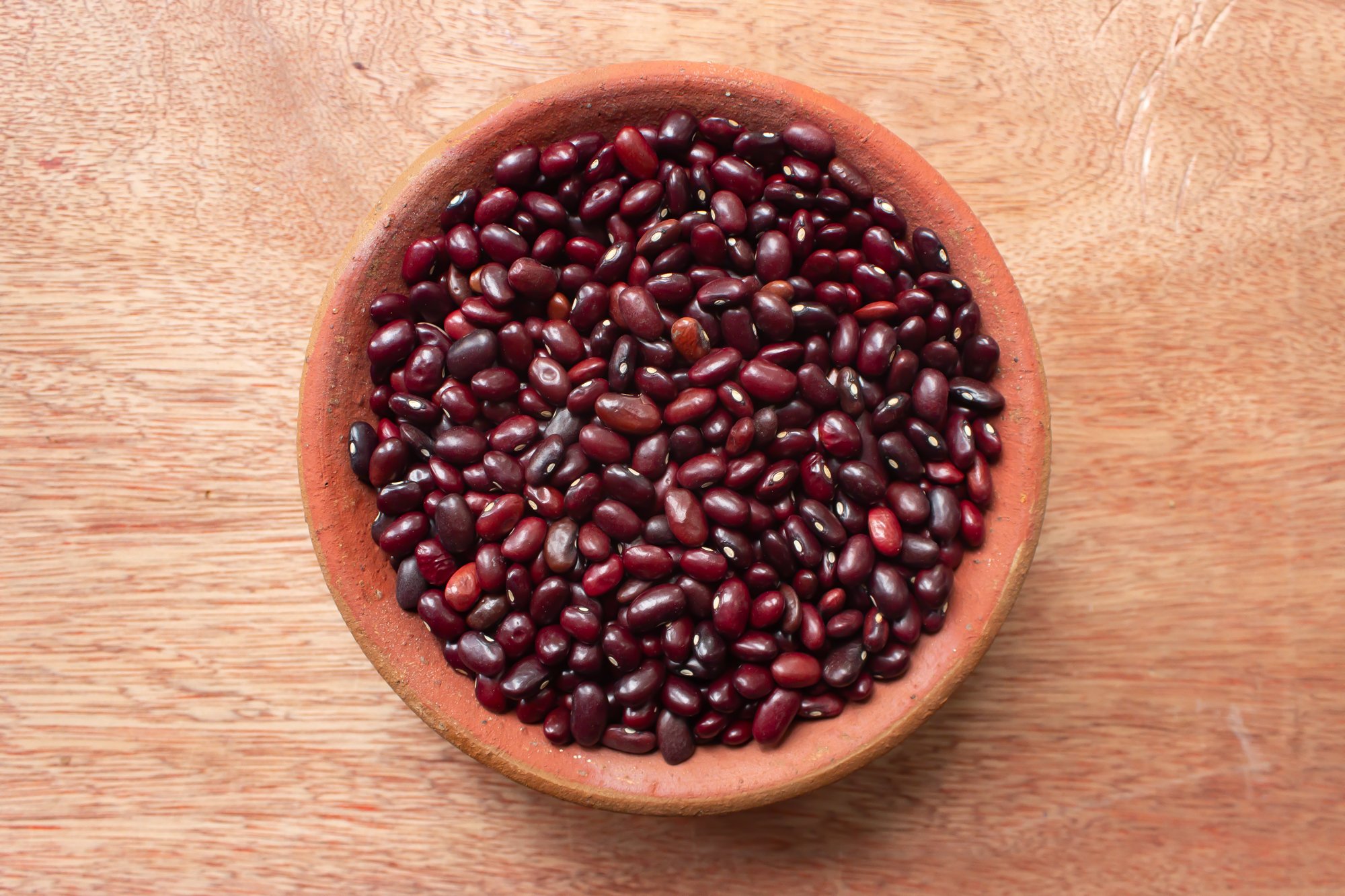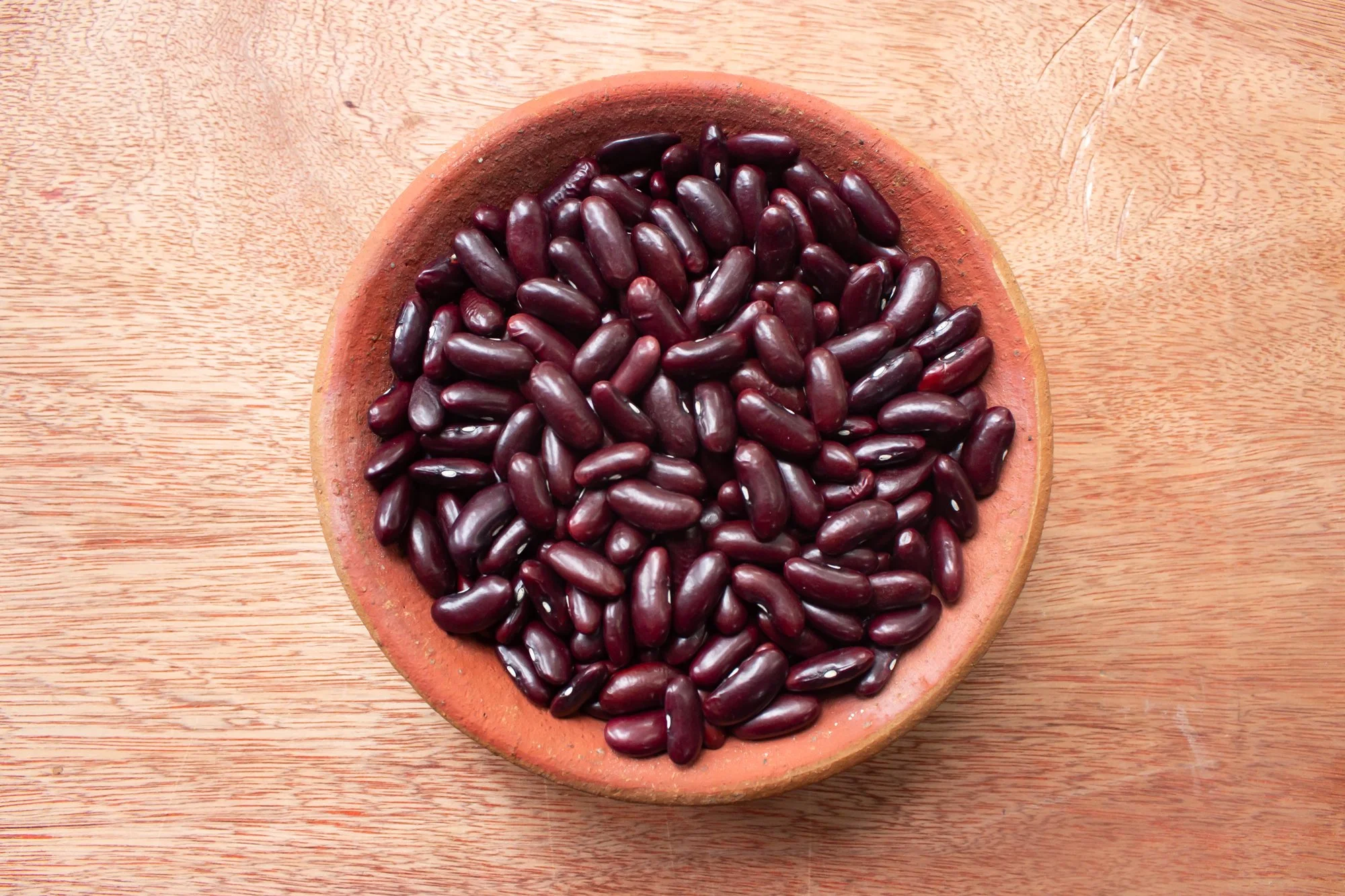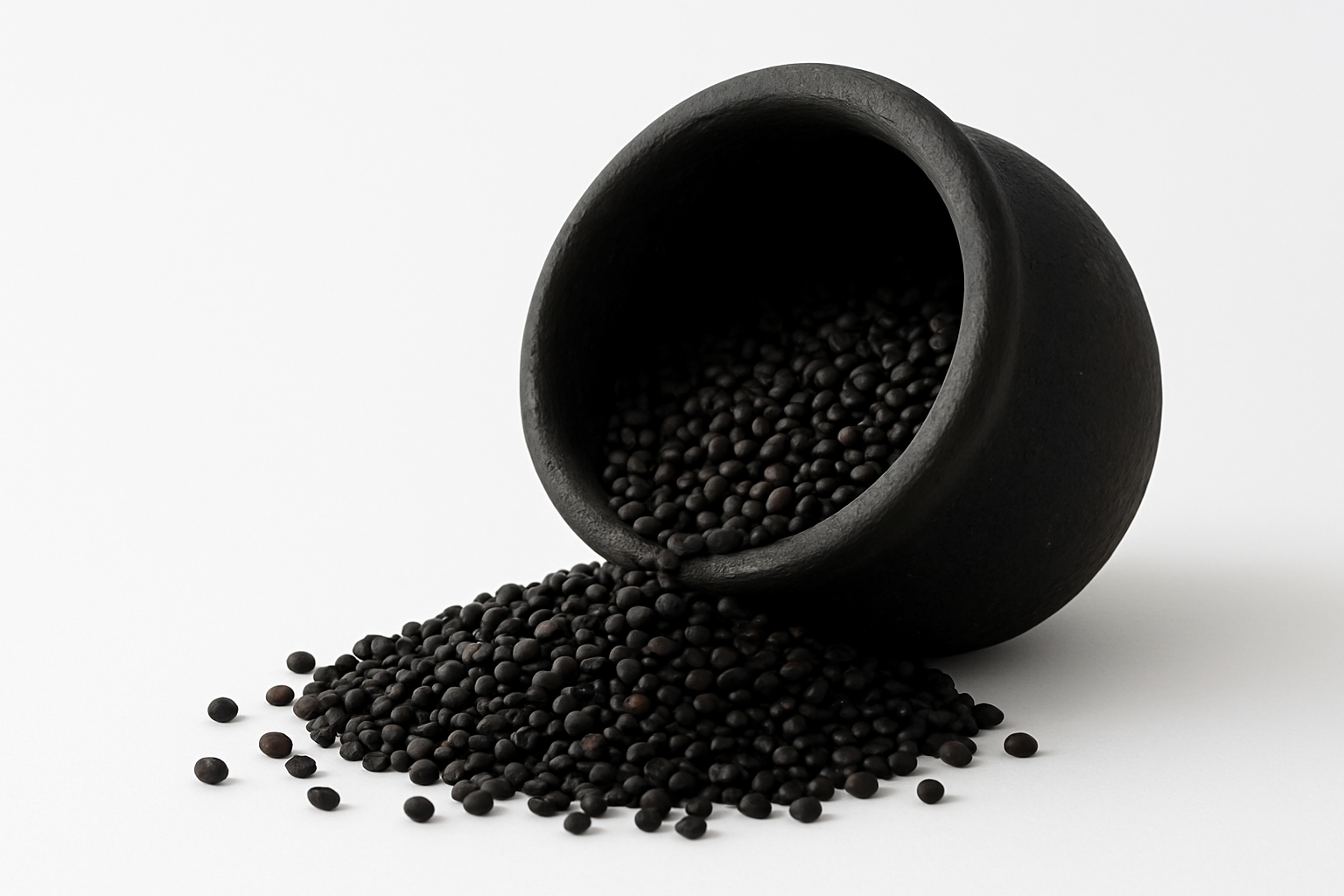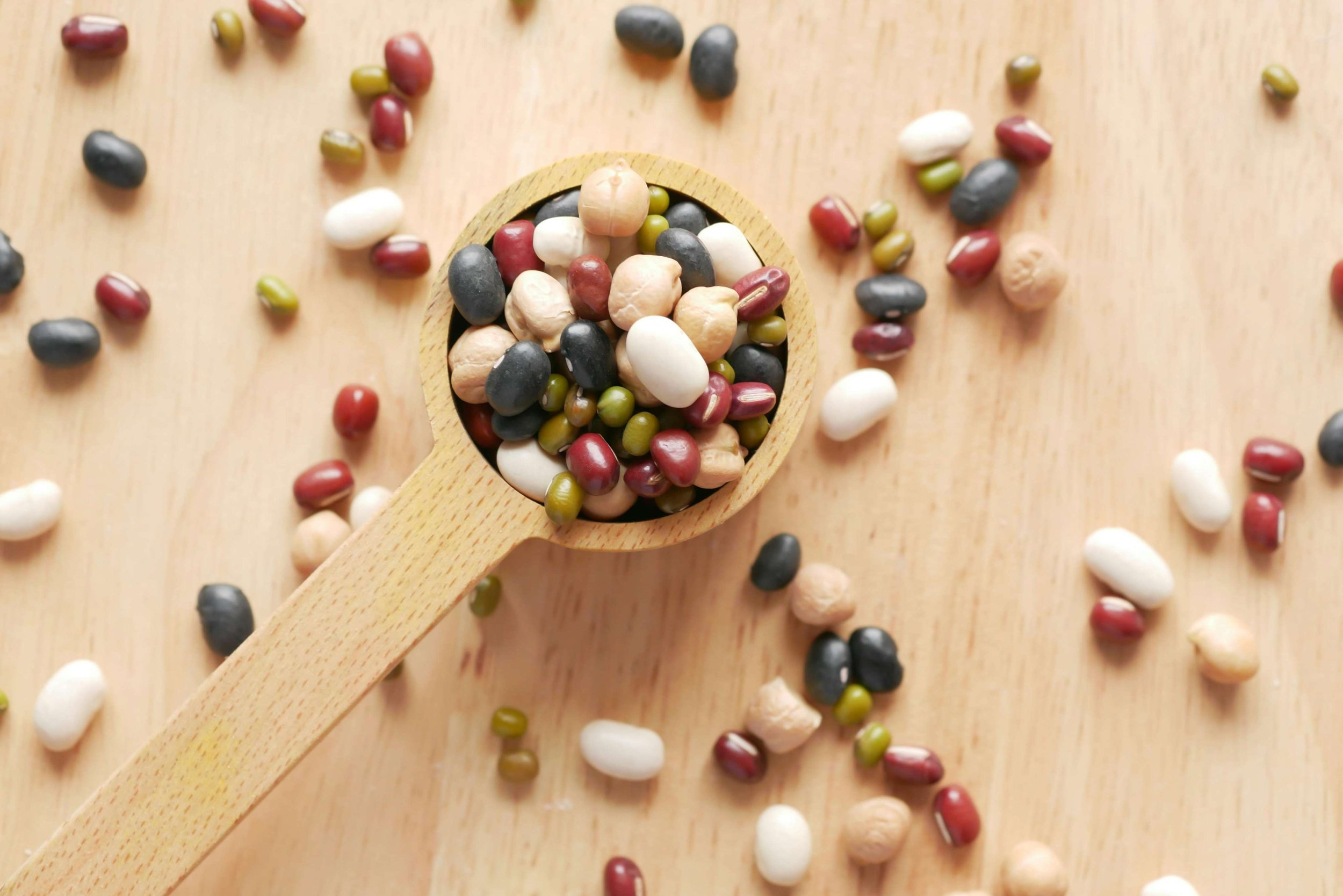
A not-for-profit organic store rooted in community
Be the change – bring reusable bags and containers for all your needs!
Pulses
Also known as Dals or Lentils, “Pulses” refers to the seeds of leguminous plants, which are a good source of plant-based protein, soluble/insoluble fiber, vitamins and minerals. All pulses have a seed coat, cotyledon and embryo. We have also included certain beans in this category.
In general, about 20% of the dry weight of pulses is in the form of protein (higher in some cases, such as soyabean which is 40% protein). When combined with whole grains, they can provide complete vegetarian protein. Low in glycemic index, pulses are good sources of folate, iron, minerals and B-Vitamins.
From an ayurvedic point of view all pulses are astringent, drying and increase vAta dosha to different extents.
Pulses must be soaked before cooking, to reduce the anti-nutrients (such as phytates) and make them easier to digest – i.e. lighter and moist. Whole pulses with husk are heavier but also contain more fiber and nutrients. They must be soaked for longer hours. The dehusking process to make split dals renders them lighter. Older beans (like Kabuli channa and Rajma) when stored for some months take longer to soak and cook.
Cooking method: Rinse first, then soak for the recommended time period in 3X quantity of water. Discard the soak water. Cooking with suitable oils and spices (such as turmeric, jeera, ginger and asafoetida) aids in digestion.
Mung dal - with skin
Ayurvedic Perspective : Considered the best among pulses. Easiest to digest, is cooling, good for overall health.
Source : Pudukkottai Organic Farmers Producer Company, Sahaja Samrudha Organic Producer Company
Cooking Instructions : Soak Time : 2-4 Hours. Cook mung dal in an open pot adding water as needed.
Channa dal
Ayurvedic Perspective : With proper soaking and cooking methods, it can be well digested. Increases digestive gas. Suited for early winter.
Source : Sahaja Samrudha Organic Producer Company
Cooking Instructions : Soak Time :1 Hour (brown channa), Pressure cook 3 whistles.
Horsegram / Kollu
Ayurvedic Perspective : Hot in potency, good for weight management, to treat renal calculi, and running nose. Suited for winter and spring.
Source : Kesavan - Namakkal, Sahaja Samrudha Organic Producer Company
Cooking Instructions : Soak Time : Overnight
Pressure cook 2-3 whistles
Black-eyed peas / Karamani
Ayurvedic Perspective : Alleviates disorders of Kapha. Laxative, has a detoxifying action. Heavy to digest.
Source : Pudukkottai Organic Farmers Producer Company, Sahaja Samrudha Organic Producer Company, Kesavan- namakkal
Cooking Instructions : Soak Time : 2-4 Hours.
Pressure cook 3 whistles
Chickpeas / Kabuli channa
Ayurvedic Perspective : High in protein and low glycemic index, considered good for the gut. However can cause gas and constipation, due to its drying nature.
Source : Sahaja Samrudha Organic Producer Company
Cooking Instructions : Soak Time : Overnight. Pressure cook 5 whistles
Rajma Chitra
Ayuevedic Perspective : Suited for late winter. Strengthening, heavy.
Source : Sahaja Samrudha Organic Producer Company
Cooking Instructions : Soak Time : 12 Hours.
Pressure cook 5 whistles.
Black gram / Urad whole - black
Ayurvedic Perspective : Builds strength, heavy to digest, promotes bowel movements. Not recommended for daily use.
Source : Prabhu - Viluppuram, Karthikeyan- pavunjur, Sahaja Samrudha Organic Producer Company
Cooking Instructions : Soak Time : 2-4 Hours. Pressure cook- 3 whistles.
Red lentil / Masoor dal
Ayurvedic Perspective : Light and relatively easy to digest. Used for making nourishing soups.
Source : Sahaja Samrudha Organic Producer Company. Banyan roots organics
Cooking Instructions : Soak Time : 1 Hour.
Cook on open pot.
Pigeon pea / Tur dal
Ayurvedic Perspective : Astringent, relatively light to digest, drying.
Source : Pudukkottai Organic Farmers Producer Company, Sahaja Samrudha Organic Producer Company.
Cooking Instructions : Soak Time : 1 Hour.
Pressure cook 2-3 whistles
Mauth bean / Brown Karamani
Ayurvedic Perspective : Dry and cold in potency
Source : Sahaja Samrudha Organic Producer Company, Kesavan- namakkal
Cooking Instructions : Soak Time : 2-4 Hours.
Soybeans
Ayurvedic Perspective : Beneficial for pitta disorders. Post-digestive, it stimulates the metabolism. Acts as a diuretic. Good for the skin.
Source : Sahaja Samrudha Organic Producer Company
Cooking Instructions : Soak Time : 12 Hours
Pressure cook.
Green gram (whole) - Mung dal
Ayurvedic Perspective : Considered the best among pulses. Easiest to digest, is cooling, good for overall health.
Source : Pudukkottai Organic Farmers Producer Company, Sahaja Samrudha Organic Producer Company
Cooking Instructions : Soak Time : 2-4 Hours. Pressure cook - 3-4 whistles.
Mung dal - without skin
Ayurvedic Perspective : Considered the best among pulses. Easiest to digest, is cooling, good for overall health.
Source : Pudukkottai Organic Farmers Producer Company, Sahaja Samrudha Organic Producer Company
Cooking Instructions : Soak Time : 1 Hour. Cook mung dal in an open pot adding water as needed.
Black gram / Urad split - with skin
Ayurvedic Perspective : Builds strength, heavy to digest, promotes bowel movements. Not recommended for daily use.
Source : Prabhu - Viluppuram, Karthikeyan- pavunjur, Sahaja Samrudha Organic Producer Company
Cooking Instructions : Soak Time : 2-4 Hours Pressure cook - 3 whistles.
Black gram / Urad split - without skin
Ayurvedic Perspective : Builds strength, heavy to digest, promotes bowel movements. Not recommended for daily use.
Source : Prabhu - Viluppuram, Karthikeyan- pavunjur, Sahaja Samrudha Organic Producer Company.
Black gram / Urad whole - white
Ayurvedic Perspective : Builds strength, heavy to digest, promotes bowel movements. Not recommended for daily use.
Source : Prabhu - Viluppuram, Karthikeyan- pavunjur, Sahaja Samrudha Organic Producer Company.
Bengal gram / Brown channa
Ayurvedic Perspective : With proper soaking and cooking methods, it can be well digested. Increases digestive gas. Suited for early winter.
Source : Sahaja Samrudha Organic Producer Company
Cooking Instructions : Soak Time :4 Hours (brown channa). Pressure cook 3 whistles.
Rajma Jamun
Ayuevedic Perspective : Suited for late winter. Strengthening, heavy.
Source : Sahaja Samrudha Organic Producer Company
Cooking Instructions : Soak Time : 12 Hours.
Pressure cook 5 whistles.
Rajma Kidney Beans
Ayuevedic Perspective : Suited for late winter. Strengthening, heavy.
Source : Sahaja Samrudha Organic Producer Company
Cooking Instructions : Soak Time : 12 Hours.
Pressure cook 5 whistles.
Horsegram / Kollu - Black
Ayurvedic Perspective : Hot in potency, good for weight management, to treat renal calculi, and running nose. Suited for winter and spring.
Source : Kesavan - Namakkal, Sahaja Samrudha Organic Producer Company
Cooking Instructions : Soak Time : Overnight
Pressure cook 2-3 whistles

